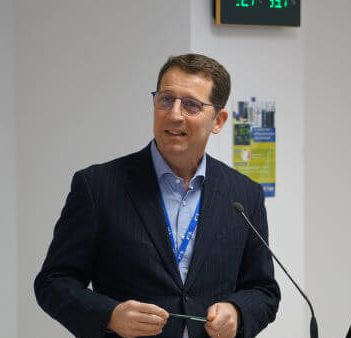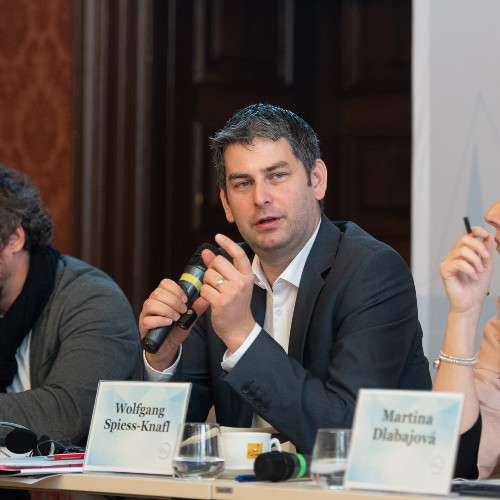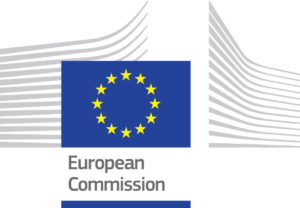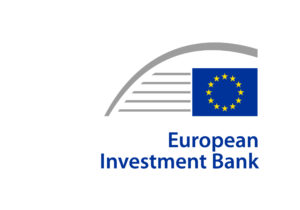Share this post:

In today’s political climate, where migration and defense issues dominate the narrative, it is crucial to comprehend the implications of European Union policies. Decisions made at the EU level significantly influence our actions at national and local levels, shaping both the strategies we adopt and the outcomes we seek.
As the upcoming European Commission will no longer have a Commissioner specifically responsible for social affairs, the future of the Social Economy Action Plan may be uncertain. The previous Commission’s foundation, centered around the Green Deal and the Sustainable Finance Framework, is transitioning towards an industrial clean deal that prioritizes competitiveness, potentially placing social justice on the back burner.
This training will equip participants with the knowledge needed to navigate these developments effectively.
Check the second session dedicated to Sustainable Finance Framework and reporting requirements on the 28th of November.
14h00 – 14h10 Introduction to the workshop and agenda by Wolfgang Spiess-Knafl, European Center for Social Finance
14h10 – 14h50 Social Business Initiative – Insights from the Evaluation of the SBI by Wolfgang Spiess-Knafl, European Center for Social Finance
14h50 – 15h00 Coffee Break
15h00 – 15h40 Social Economy Action Plan, Council Recommendations, Social Pillar – Introduction and key policy changes by Sarah de Heusch, Social Economy Europe Director
15h40 – 16h00 Interactive discussion
16h00 – 16h40 European Green Deal – Introduction and key policy changes by Paolo Caridi, European, Commission – DG CLIMA
16h40 – 16h55 Wrap-Up by Daniel Sorrosal, FEBEA




![]()




Stay in touch!
Subscrite to our monthly public newsletter
Copyright 2024 © FEBEA – European Federation of Ethical and Alternative Banks and Financiers
Developed by Implicate.org